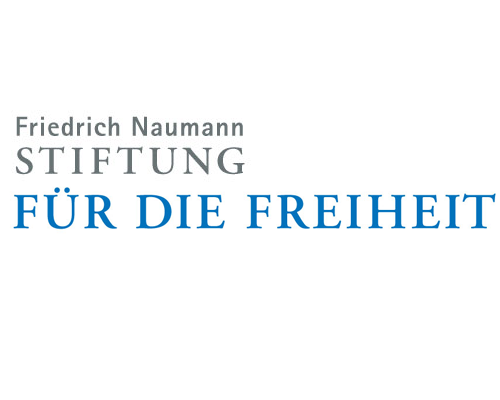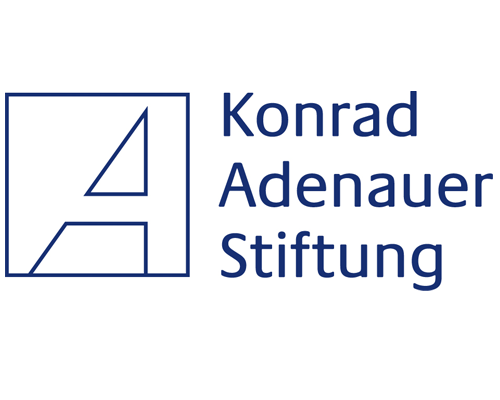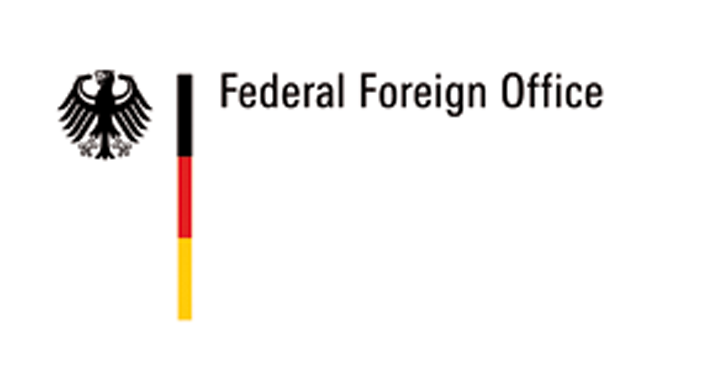Country Overview: Morocco

Morocco's King Mohammed VI on a billboard in Marrakesh, Photo: Mai-Britt Wulf
Morocco did not see a fundamental change in leadership or political system, but did experience a period of civil upheaval, spearheaded by the youth movement »20th of February« that addressed the structural problems that the Maghreb monarchy shares with other countries. On a sub-regional scale, Morocco is considered an active contributor towards religious moderation and stability in the Sahel.
On the other hand, the Kingdom is rarely willing to address the legally disputed status of Western Sahara, the territory to its south which it had annexed in 1975 and which is pivotal due to its potential energy resources – with international partners. The mixed approach of selective oppression, political cooptation and reform from above that Moroccan authorities adopted drew criticism, but fared favorable with the international stakeholders involved in the »Deauville Partnership« compared to much more unstable and violent environments.
Indeed, the constitutional referendum of July 2011 was hailed as a first step towards more government efficiency and accountability. In addition, Morocco proved to be the sole country in the region where the Muslim Brotherhood managed to accommodate electoral success and responsible government. On the downside, political inclusion did not translate into political representation for the young generation, nor did structural reform become a priority.
Instead, stabilization was identified as prerogative, which entailed the strengthening of traditional pillars of economy like tourism and massive investments in alternative energies and infrastructure. While catering to European demand and benefitting from Arab Gulf funding, this state-driven approach did hardly encourage entrepreneurial innovation or inclusion.
Proximity to southern Europe might prove to be fertile ground for intensified cooperation in the future. The most pressing challenge for Morocco, however, remains the stark gap between the flourishing urban centers and rural areas marked by poverty and illiteracy. In addition, agriculture as a backbone of employment lacks technology and is threatened by climate change-induced desertification and poor water management.
Supported by






© CANDID Foundation gGmbH 2015



